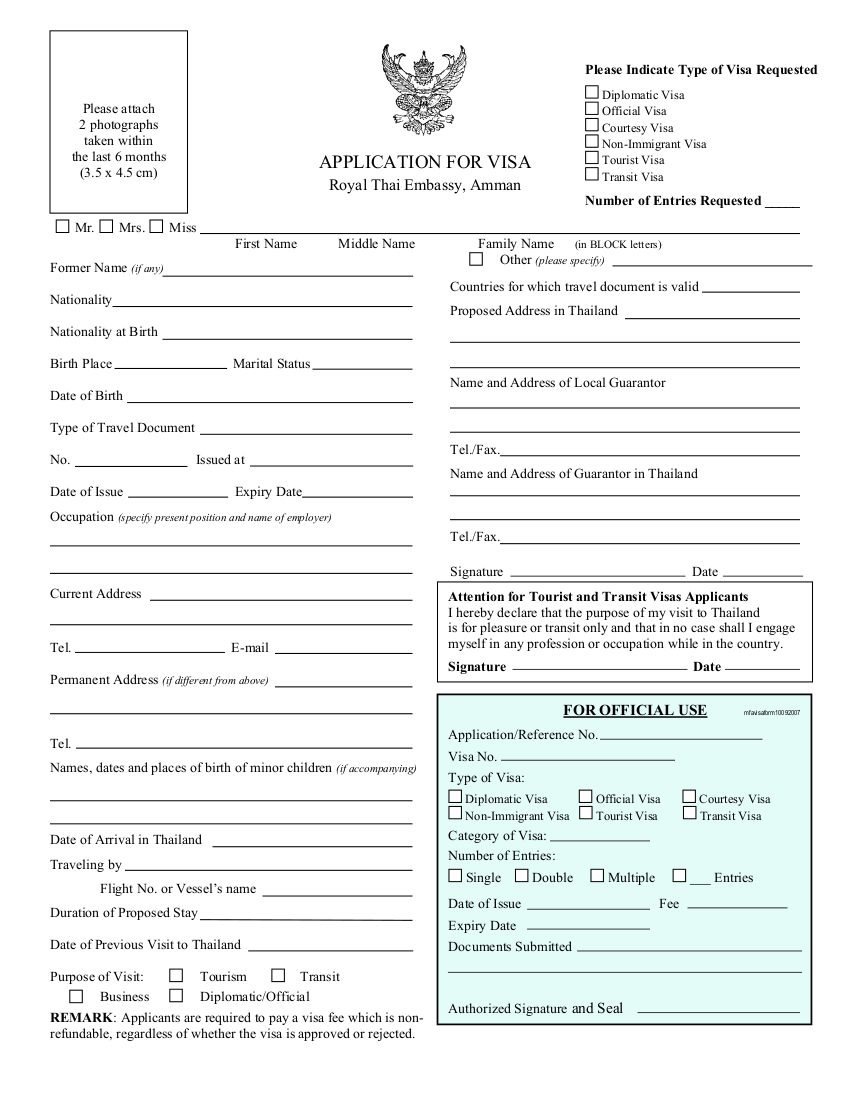
Argentina citizens need to obtain a visa on arrival while traveling to Jordan. For Tourism or Business, in Jordan With the Jordan visa for Argentina citizens, the entry to Jordan is really smooth. You can continue your visit for a duration you feel like, that is you can renew the stay without any problem at all. Upon arrival, you will come across Jordan International Airport; you will find your way to the passport counter with a stamped tourist visa valid for 30 days. With the arrival visa, nothing is charged to you; there is no paper which you need to fill up even before arrival in Jordan; there is also no other required document to obtain. For those who do not confirm their travel itinerary, there is the alternative of an arrival visa, which saves time since a person does not need to plan. The eVisa is appropriate for those people who prefer advanced planning before traveling. The team of VisitVisa will ensure all documents are properly prepared and guided by any issue at hand to update a visa in real-time.
Commence on your journey through shimmering sands and towering skylines with Jordan Visa Processing: Apply, Await, Anticipate, and Delight.
| Type of Visa | VISA FEE ($) | Express Delivery (99 $) | Insurance ($) | Action |
|---|---|---|---|---|
| Apply Now |
VisitsVisa simplifies the visa application process by providing a clear and detailed checklist of required documents. No need to stress about what to submit; our checklist ensures you have all the necessary documents ready for a successful application. From the completed visa application form to your travel itinerary, each document is crucial in verifying your eligibility. This comprehensive guide makes it easy to gather and organize the needed paperwork, helping to avoid any delays in your visa processing.
To apply for a Jordan visa, you typically need the following documents:

Yes, most foreign nationals require a visa to enter Jordan. Some countries are eligible for a visa on arrival, while others may need to apply in advance.
Jordan offers Tourist, Business, Transit, and Student visas. The Tourist visa is the most common for short-term visits, while others serve specific purposes.
Yes, citizens of many countries can obtain a visa on arrival at Jordanian airports and some land borders. Check your eligibility before traveling.
A single-entry Tourist visa typically allows a stay of up to 30 days. For longer stays, consider a multiple-entry visa or extending your visa.
Yes, you can extend your visa at the Ministry of Interior in Jordan. Extensions are generally allowed for 1-2 months, with specific requirements and fees.
You can apply through the nearest Jordanian embassy or consulate, or online if eligible for an e-visa. Some travelers may also get a visa on arrival.
Typically, you’ll need a valid passport, passport photos, completed application form, proof of accommodation, and proof of funds. Additional documents may be required based on visa type.
Yes, citizens of select countries can apply for an e-visa online. Check the official Jordan visa website to see if your country qualifies.
Visa fees vary by type and entry option. Single-entry visas typically cost around $40 USD, while multiple-entry visas cost more. Confirm fees before applying.
Processing times vary based on your country and application type. Embassy applications can take days to weeks, while e-visas and visas on arrival are typically quicker.
No, a Tourist visa does not permit employment in Jordan. You must apply for a Work visa and obtain a work permit if you plan to work in Jordan.
COVID-19 requirements, such as vaccination or a negative PCR test, may apply. Check for the latest health and travel advisories before your journey.
Yes, you can enter Jordan through land borders with Israel, Saudi Arabia, Syria, and Iraq. Visa-on-arrival may be available at some borders, but confirm this with border authorities.
Jordan has agreements with a few countries for visa-free entry or simplified visa processes, though most visitors require a visa. Confirm details with your embassy.
If denied, contact the Jordanian embassy or consulate to understand the reason. You may reapply after addressing any issues or providing additional documents.